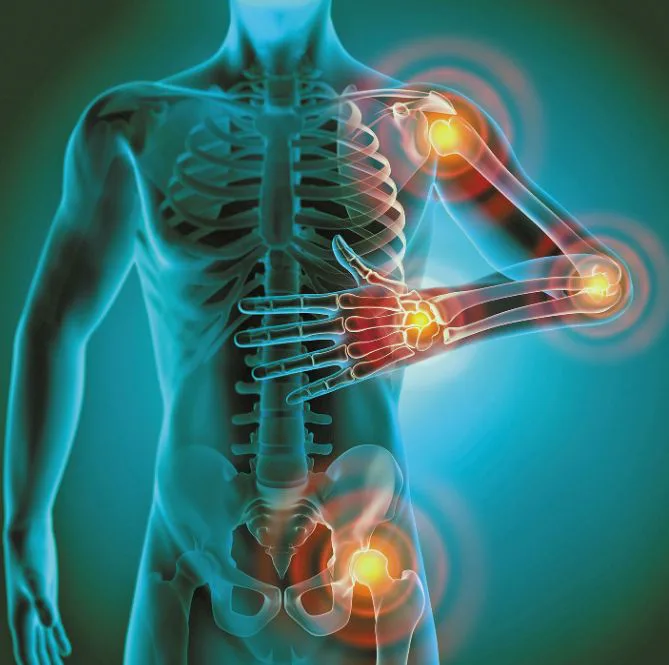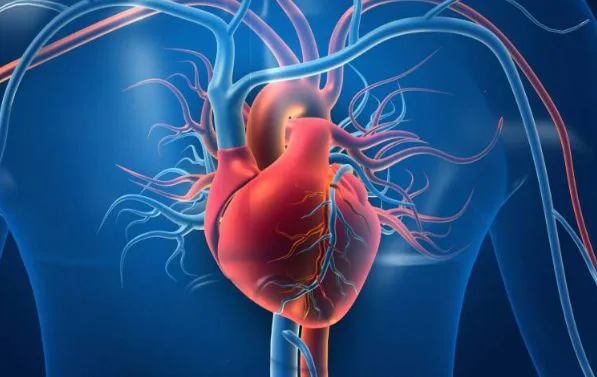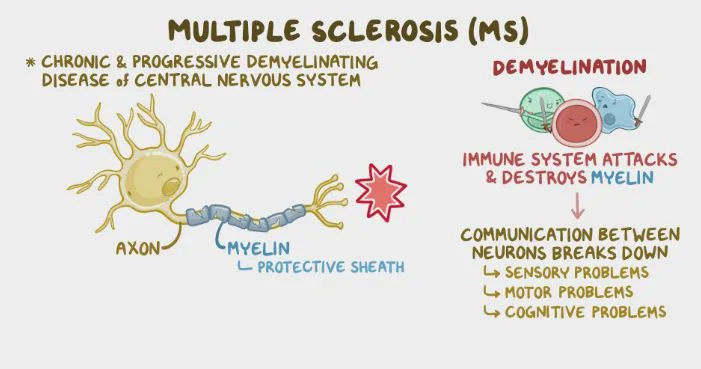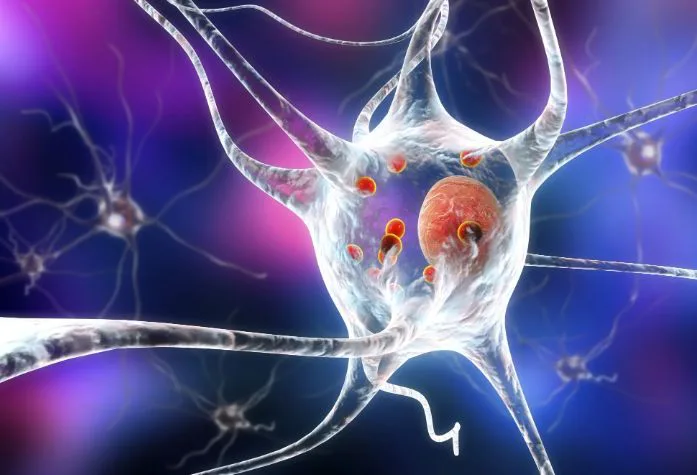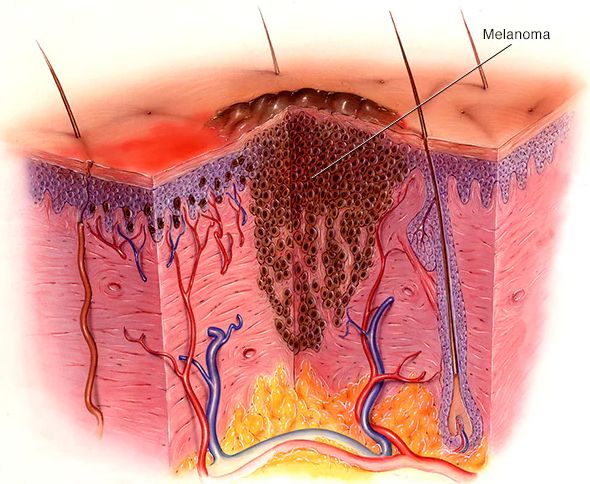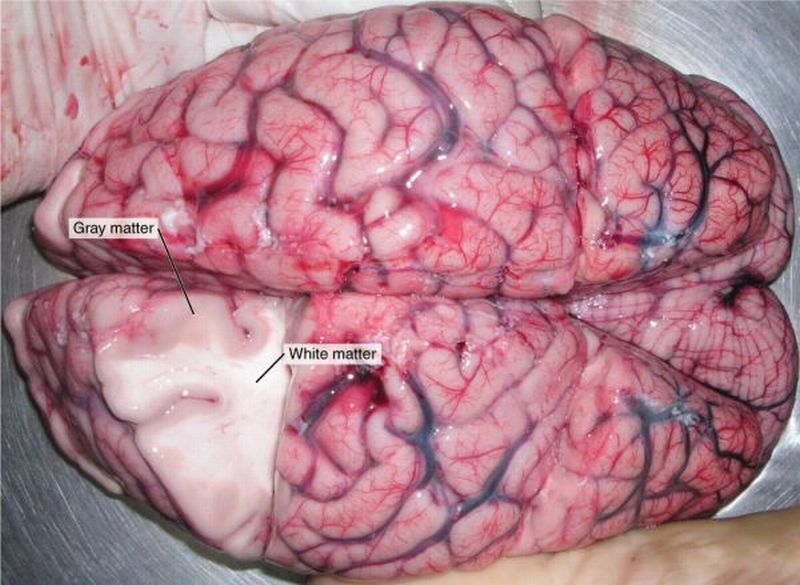Entity responsible for powering our cellular functions and in keeping us going is mitochondria. These powerhouses are little sausage-shaped organelles in most types of cells that have a nucleus. These organelles convert chemical energy from the food that we ingest into usable form of energy. This energy is termed as adenosine triphosphate (ATP). ATP is the fuel that we require to carry out the regular activities at cellular level.
Read MoreTag: healthy living
Protein Overload: Amino Acid Blamed for Arterial Health Risks
Interesting research from University of Pittsburgh show that too much dietary protein might actually up the risk of atherosclerosis. So, while protein is good for our bodies but consuming in abundance might not be the best idea when it comes to keeping our arteries happy and healthy. The experiment not only combined the human trials but researchers roped in mice and cells in a Petri dish for the study. When the consumption increases to more than 22% of their daily calories from protein, it kicked off a chain reaction. Consequently,…
Read MoreHeart Healing: Microenvironment’s Role in Cardiac Recovery
A group of scientists led by James F. Martin, has been delving deep into the intricacies of cardiac function at The Texas Heart Institute. Their objective is to illuminate the innate regenerative potential of the heart. At a global level, the primary challenges associated with heart attacks, also known as myocardial infarctions, stem from unhealthy lifestyle choices and genetic predispositions. Also, surviving a heart attack doesn’t guarantee immunity from severe damage to the heart muscles. The cardiomyocytes are severely affected.
Read MoreMK03: Key Player in Multiple Sclerosis Pathway
To achieve a holistic understanding of multiple sclerosis, an international team of scientists led by the Department of Medicine and Life Sciences (MELIS) at Pompeu Fabra University, has devised a computational biology instrument. This innovation also holds potential for probing into other intricate illnesses, like various forms of dementia. Understanding multiple sclerosis is not that easy. It’s an autoimmune condition. In such a situation, the immune system mistakenly attacks the brain and spinal cord. Gaining insights as to why it happens is slightly tricky, as it involves everything, from genes…
Read MoreMCJ Breakthrough: New Hope for Pulmonary Hypertension
In a groundbreaking study featured in Science Advances, researchers unveil a potential breakthrough in treating pulmonary hypertension. Pulmonary hypertension is a medical condition characterized by elevated blood pressure in the pulmonary arteries. These arteries are the blood vessels that carry blood from the heart to the lungs for oxygenation.
Read MoreGut Defense: Microbiome Blocks Pathogens’ Nutrient Access
Deep within our stomach, a lively neighborhood thrives. The community is known as the gut microbiome. It is housing hundreds of bacterial species. The fascinating world of the gut microbiome steps up to shield us from nasty invaders called pathogens. Details of its protective powers have been a bit fuzzy until now. Scientists have been tackling and exploring which bacterial players hold the secret to its protective magic.
Read MoreOmega-3 Slow ALS Progression: Fatty Acid has Neuroprotective Effects
Recent study led by Harvard T.H. Chan School of Public Health suggests that a diet high in alpha-linolenic acid (ALA) may have potential benefits for individuals with amyotrophic lateral sclerosis (ALS). ALS is a progressive neurodegenerative disease that affects nerve cells responsible for controlling muscle movement.
Read MoreBook Review: Running Rewired by Jay Dicharry
Running Rewired: Reinvent Your Run for Stability, Strength, and Speed by Jay Dicharry is more of a workable program than a book to read. Jay is a physical therapist, teacher, biomechanics researcher, in Oregon, USA. His REP Lab is a national destination for elite athletes because he diagnoses and rebuilds injured endurance athletes. Along with Running Rewired, he has also written Anatomy for Runners: Unlocking Your Athletic Potential for Health, Speed, and Injury Prevention, which I’ll be reading and of course reviewing in the near future.
Read MoreBook Review: Genius Foods by Max Lugavere
Human brain, is one of the most remarkable developments of evolution. Research has shown that it is capable to develop and adapt throughout our lives. New experiences and environmental changes are instrumental to its ability to reorganize itself by forming new neural connections and pathways. Also called as neural plasticity or brain plasticity. Yet, there are factors that could be detrimental to our brain health. Poor diet, no physical activity, chronic stress, and insufficient sleep are some triggers that can have negative effects on brain function and cognitive performance.
Read MoreVitamin D Deficiency Associated with Melanoma: Skin and Bone Health
Vitamin D plays an important role in regulating normal function of human body. It helps the body to absorb and retain calcium and phosphorus, which are critical for building bone. In addition, it also helps in boosting energy levels. Epidemiological studies too, have shown that Vit-D deficiency is closely associated with common chronic diseases such as bone metabolic disorders, tumors, cardiovascular diseases, and diabetes. In addition, similar corelation between vitamin D and skin cancers have also been investigated.
Read MoreCan you be allergic to water: Aquagenic Urticaria
Earth is a watery planet, in fact, water covers nearly 71 percent of our planet. It exists in our atmospheric air as water vapor and in ground flora as moisture within the soil. Water is one of the main components that we look for in extra-terrestrial planetary space.
Read MoreMolecules That Could Delay Aging Discovered: Achieving Healthy Longevity
With ageing come problems like sagging skin, brittle bones, hearing loss, deteriorating mind and many other issues. Aging is an inevitable process however, science has helped in prolonging this certainty.
Read MoreRegeneration of Eye’s Outermost Layer via Hydrogel Films: Corneal Transplantation
In a breakthrough study, a team of scientists from the Melbourne University has achieved success in growing cornea cells in the laboratory. Scientists have successfully implanted laboratory grown cornea cells in the eyes of sheep. They are expecting to begin clinical trials in humans soon.
Read MoreObesity May Trigger The Progression Of Brain Ageing: Neurobiology Of Aging
Over the years, various researches across neurobiology of aging have suggested that brain shrinks with age. A recent study led by the University of Cambridge has added that obesity may also trigger the progression of brain ageing.
Read MoreBionic Eye allows blind man to see again: The Eyeborg
Experts at Manchester Royal Eye Hospital have successfully restored the vision of 80 years old Ray Flynn, through implanting ‘bionic eye’. For the last eight years, Mr Flynn suffered from dry age-related muscular degeneration (AMD). AMD is a condition in which photoreceptor cells in the central region of the retina are damaged leading to loss of central vision. The condition is very common, affecting nearly 5,00,000 people in the UK.
Read More
